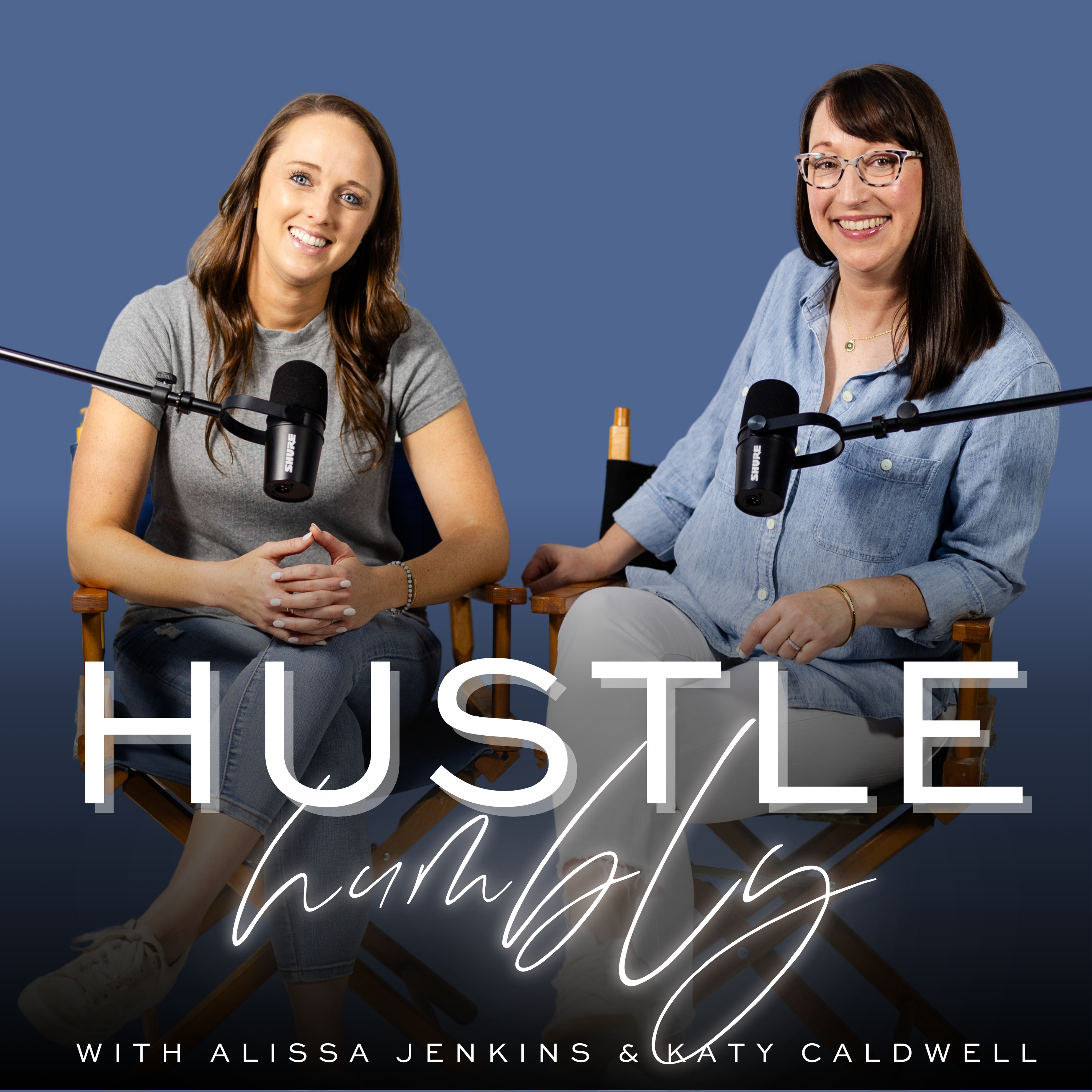Fair Housing Tips: Ensuring Equity in Real Estate
Understanding Fair Housing
Fair housing laws are essential for creating an inclusive real estate industry. Agents must be aware of their responsibilities to ensure all buyers and sellers are treated fairly. These fair housing tips help prevent discrimination and promote equal access to housing opportunities. Agents often unintentionally violate these laws by making assumptions about clients, failing to explain financing options clearly, or neglecting to provide equal access to listings.
Creating a business that prioritizes fair housing requires more than just compliance with the law—it involves active efforts to understand clients’ diverse experiences. By slowing down and asking thoughtful questions, agents can better support clients who may feel uncertain about the homebuying process.
Common Fair Housing Mistakes
One of the most frequent violations is unconscious bias. Agents may unknowingly treat clients differently based on assumptions rather than facts. For instance, a client who is hesitant about financial discussions may not be uninterested but may have a history of financial hardship that requires a more patient approach.
Another issue is failing to educate clients about the process. Many first-time buyers, especially those from historically marginalized communities, lack access to financial literacy resources. Real estate professionals should guide clients through each step, ensuring they understand loan applications, financing options, and the importance of working with a qualified agent.
Helping Buyers Navigate the Market
Providing buyers with clear financial information is crucial. Many first-time buyers fear the pre-approval process, assuming they may not qualify. Agents should offer step-by-step guidance and, when possible, attend lender meetings with clients. This approach ensures buyers feel supported and understand the path to homeownership.
Using a buyer net sheet can also help clients evaluate affordability. By breaking down costs for each property, buyers gain a clearer understanding of their potential expenses, reducing stress and confusion. Transparency empowers clients to make informed decisions without fear of hidden costs or discrimination.
Addressing Fair Housing in Listings
Sellers must also follow fair housing laws. Some sellers attempt to control who purchases their home, potentially violating regulations. Agents should educate sellers about their legal obligations and emphasize that limiting the pool of buyers could reduce their property’s market value.
A best practice is to include fair housing language in listing agreements and marketing materials. This ensures transparency and prevents discriminatory practices that could lead to legal consequences. By prioritizing inclusivity, agents protect both their clients and their professional reputation.
Impact of Real Estate Changes on Fair Housing
Recent real estate lawsuits and policy changes are reshaping industry practices. Many professionals worry that reducing transparency in commission structures may increase fair housing violations. Without clear guidelines, dishonest agents may exploit the system by offering different commission rates to different agents, leading to potential discrimination.
To counteract this, agents must document compensation agreements and advocate for transparency in transactions. Ensuring all buyers and sellers receive the same information helps maintain fairness and prevents unethical behavior.
How Agents Can Support Fair Housing
The best way to advocate for fair housing is through education and proactive business practices. Agents should familiarize themselves with available grant programs, low-income lending options, and local fair housing laws. Partnering with lenders who offer specialized financing for marginalized buyers can also make a significant difference.
Taking courses such as At Home with Diversity, Bias Override, and Fair Haven Simulation can further enhance an agent’s ability to serve diverse clients. Attending industry conferences and engaging in fair housing discussions also helps agents stay informed and prepared for ongoing changes.
Final Thoughts on Fair Housing
Real estate professionals must commit to ethical, fair, and transparent practices. These fair housing tips help ensure all clients receive equal treatment, fostering trust and inclusivity in the industry. By prioritizing education, open communication, and accountability, agents can make a lasting impact on their communities while strengthening their businesses.
Leave us a review at RateThisPodcast.com/HustleHumbly
Get your FREE Database Template
Submit your topic ideas and toasts to Hello@HutleHumblyPodcast.com.
—————–
Rate, Review, & Follow on Apple Podcasts
“I love Katy and Alissa and The Hustle Humbly Podcast.” <– If that sounds like you, please consider rating and reviewing our show! This helps us support more people — just like you — move toward the life and business that they desire. Click here, scroll to the bottom, tap to rate with five stars, and select “Write a Review.” Then be sure to let us know what you loved most about the episode!
Also, if you haven’t done so already, follow the podcast. We’re adding a bunch of bonus episodes to the feed and, if you’re not following, there’s a good chance you’ll miss out. Follow now!
